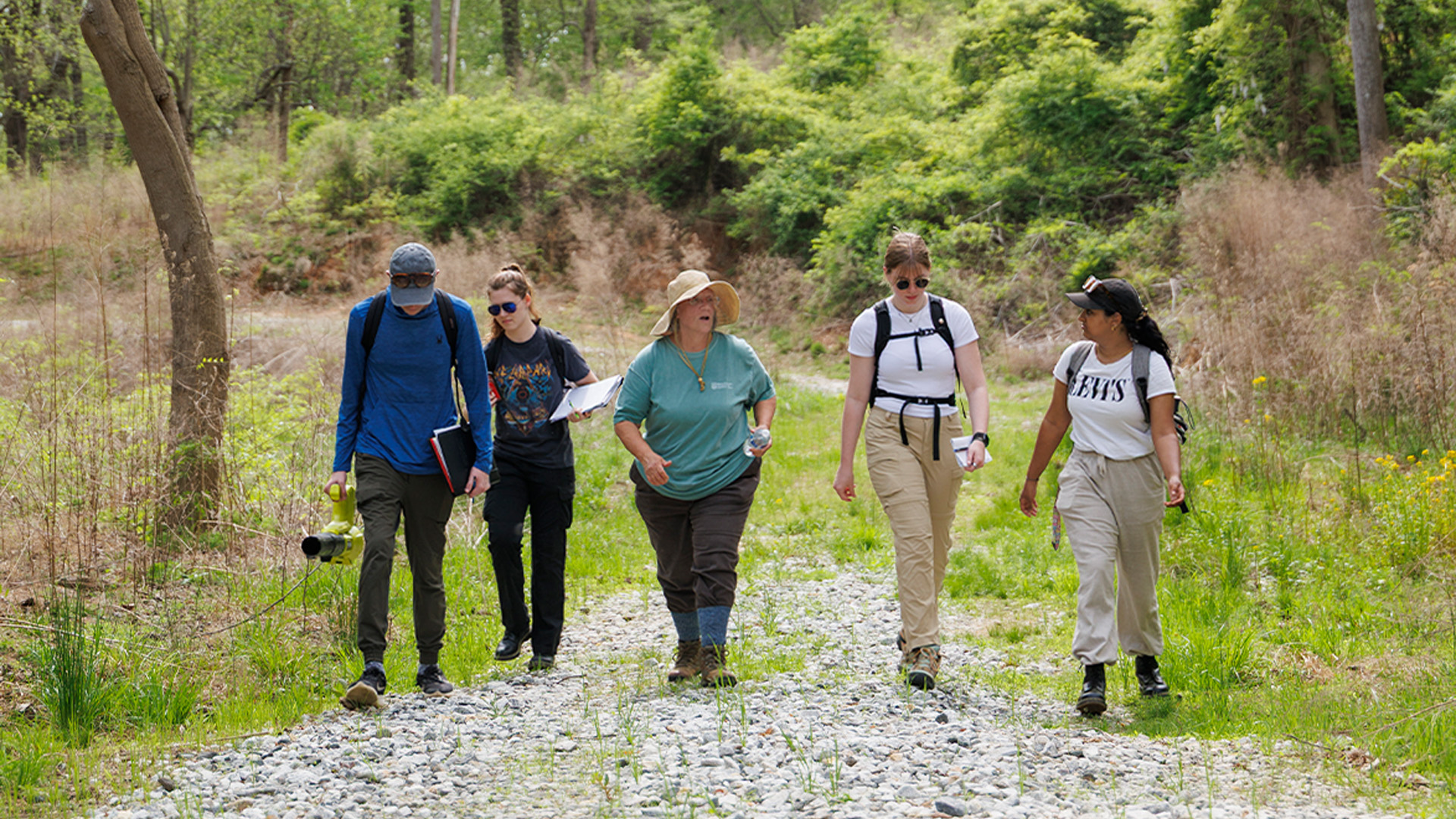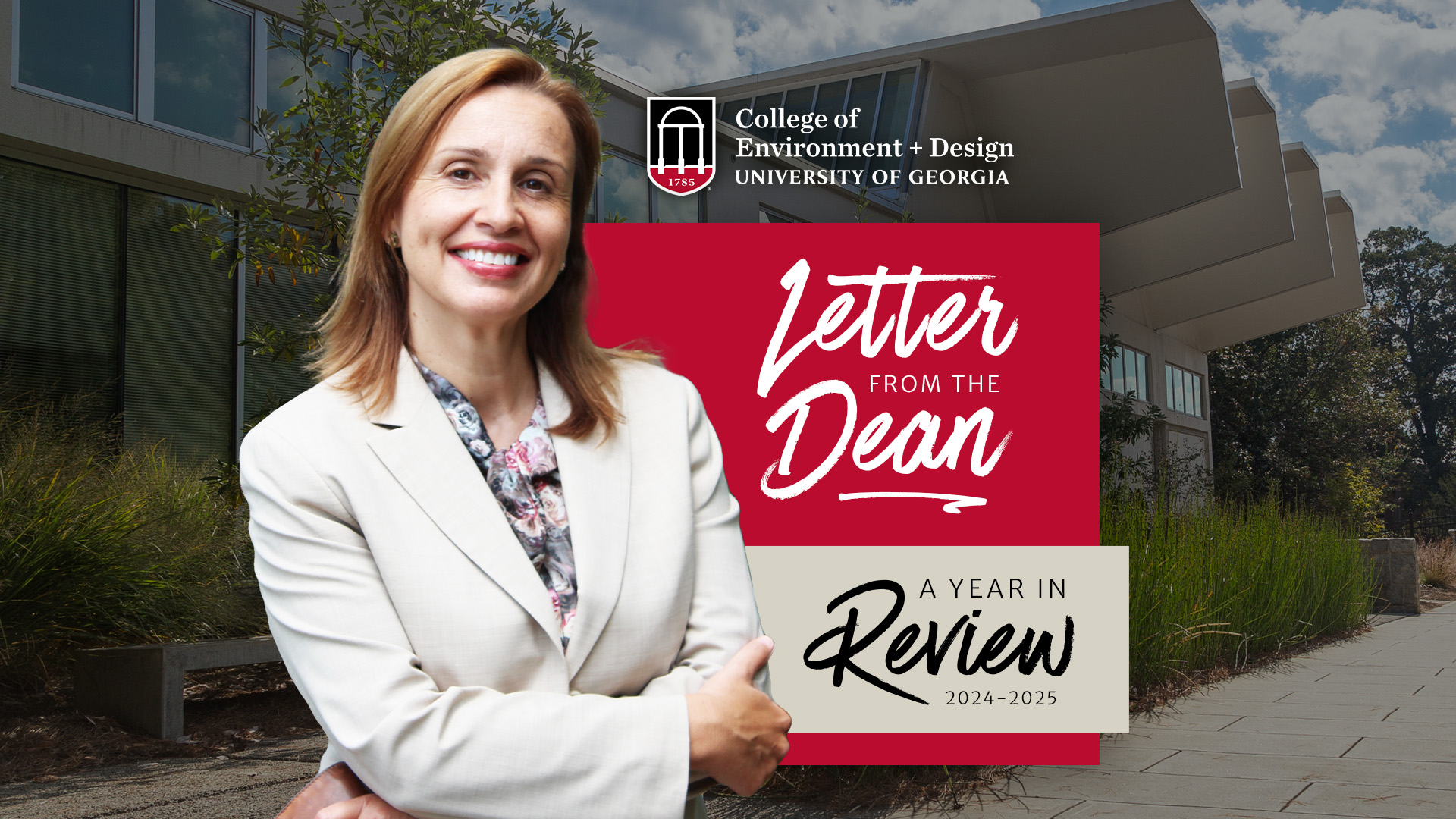UGA Choco Rica: The Science, History, & Culture of Chocolate | May | FDST 4160/6160 | Choco Rica: The Science, History, and Culture of Chocolate (FDST 4610/6160) |
UGA CAES: Comp. Study of Agriculture, Community, and Organizational Dev. in Morocco | May | ALDR 4610/6610 | Morocco Study Abroad: Comparative Analysis of Agriculture, Community, and Organizational Development (ALDR 4610) / Morocco Study Abroad: Agriculture, Community, and Organizational Development in Morocco and the US (ALDR 6610) |
UGA CAES: Food Security, Sustainability, and Cuba's Economic Transition | May | AAEC (ENVM)(FHCE)(AFST)(ADSC) 3911 or AAEC 8020 | International Agribusiness and Environmental Management (AAEC/ENVM/FHCE/AFST/ADSC 3911) / Topics in Agricultural and Applied Economics (AAEC 8020) |
UGA CAES: Intl. Agribusiness in Diversified Livestock and Grain Production | Spring Break | AAEC 4990E, AAEC/ADSC 3911 | Special Topics in Agricultural and Applied Economics (AAEC 4990E) / International Agribusiness and Environmental Management (AAEC/ADSC 3911) |
UGA CAES: Scotland: Youth Engagement in Agriculture | Spring Break | ALDR 3800, ALDR 3810S | Scotland Service-Learning Project: Addressing Food Insecurity Issues (ALDR 3800) / Scotland Service-Learning Study Abroad Project: Addressing Food Insecurity Issues Locally / Globally (ALDR 3810) |
UGA CAES: Spain: Food Production, Culture and the Environment | May | AESC 3150, AESC 3160 | Topics in International Agriculture (AESC 3150) / Food Production Systems in Western Europe (AESC 3160) |
UGA CAES: Tropical Entomology in the Galapegos | May | ENTO 4850(L), ENTO 3900L | Tropical Entomology (ENTO 4850L) / Special Problems in Entomology (ENTO 3900) |
UGA Ecology: Fall Tropical Science in Costa Rica | Fall | ECOL 3500(L), ECOL 3100(L), WILD 4060(L), ECOL/BIOL 4960(R), BIOL 3910, or ECOL 3530 | Ecology Lab (ECOL3500L) / Tropical Field Ecology (ECOL3100L) / Ornithology (WILD4060L) / Faculty-Mentored Undergraduate Research I (ECOL4960R) / Topics in Biology (BIOL3910) / Conservation Biology (ECOL3530) |
UGA Ecology: Tropical Ecology in Costa Rica | May | ECOL 3100, ECOL 3510 | Tropical Field Ecology (ECOL 3100) / Ecology Laboratory (ECOL 3510) |
UGA Franklin: Freiburg Study Abroad | Summer | GRMN 3550 | Contemporary Issues in German Culture, Society, and Literature |
UGA Franklin: Maymester in Tanzania | May | AFST/GEOG/SOCI/CMLT/HIST/ANTH 2100, ANTH 1102/2120H, LING/CMLT 4870/6870, GEOL 3120, PSYC 3200, PSYC 3300, SWAH 3001, AFST 4900S, PEDB1950E | Introduction to Africa (AFST/ANTH/CMLT/GEOG/SOCI/RELI/HIST 2100) / Introduction to Anthropology (ANTH1102/2120H) / Language, Gender, and Sexuality (LING/CMLT 4870/6870) / Geological Hazards (GEOL3120) / Cultural Psychology (PSYC3200) / Social and Personality Development (PSYC3300) / Cultural and Identity Linkages of the Swahili with the Outside World I (CMLT/SWAH/AFST/ANTH 3001) / Service Learning in Africa (AFST4900S) / Fitness for Life Walking (PEDB1950E) |
UGA Franklin: Surfing and Sustainability in Costa Rica | Summer | ANTH/GEOG 4275/6275 and ANTH 4900/6900 | Conservation and Development in Costa Rica (ANTH/GEOG 4275/6275) / Special Topics in Anthropology (ANTH 4900/6900) |
UGA Warnell: Discover Abroad: England and Scotland | Summer | ANTH/ECOL/FANR/GEOG/INTL 4271/6271 and INTB 5100 | People, Planet, and Profit (ANTH/ECOL/FANR/GEOG/INTL 4271/6271) / Special Topics in International Business (INTB 5100) |
UGA Warnell: Discover Abroad: Fiji: Ecotourism and Sustainability - Cohort 1 | Summer | FANR 4273S/6273S | Field Studies in Sustainable Development (FANR 4273S/6273S) |
UGA Warnell: Discover Abroad: Maymester Australia and New Zealand: Animal Behavior (Green) | May | ANTH/ECOL/FANR/GEOG/INTL 4271/6271 and BIOL 3700 | People, Planet, and Profit (ANTH/ECOL/FANR/GEOG/INTL 4271/6271) / Animal Behavior (BIOL/WILD 3700W) |
UGA Warnell: Discover Abroad: Maymester Australia and New Zealand: Issues in Sustainability (Yellow) | May | ANTH/ECOL/FANR/GEOG/INTL 4271/6271 | People, Planet, and Profit (ANTH/ECOL/FANR/GEOG/INTL 4271/6271) |
UGA Warnell: Discover Abroad: Semester in Australia, New Zealand, Fiji, Hawaii | Spring Semester | ANTH/ECOL/GEOG 4271/6271 / INTL 3300 / PEDB 1090 | People, Planet, and Profit (ANTH/ECOL/GEOG/FANR/GEOG/INTL 4271/6271) / Introduction to Comparative Politics (INTL 3300) / Outdoor Adventure Activities (PEDB 1090) |
UGA Warnell: Discover Abroad: Spring Semester in Hawaii, Ireland and the UK | Spring Semester | ANTH 4271/6271 / FANR 4273/6273S / FORS 4270 | People, Planet, and Profit (ANTH 4271/6271) / Field Studies in Sustainable Development (FANR 4271S/6273S) / Field Studies in Conservation (FORS 4270) |
UGA Warnell: Discover Abroad: Summer Australia: Global Health | Summer | FANR/ANTH/ECOL/GEOG/INTL 4271/6271 | People, Planet, and Profit (FANR/ANTH/ECOL/GEOG/INTL 4271/6271) |
UGA Warnell: Discover Abroad: Winter Break Australia - C1 | Winter Break | ANTH/ECOL/FANR/GEOG/INTL 4271/6271 | People, Planet, and Profit (ANTH/ECOL/FANR/GEOG/INTL 4271/6271) |
UGA Warnell: Natural Resource Management in the Amazon | Summer | FANR 4250/6250 and ANTH 4070/6070 | Cultural Ecology (ANTH 4070/6070) |
UGA at Oxford | Spring, Summer, Fall | (of note) ANTH 1102, ANTH 3090, PHIL 3220, PHIL 4210 | Introduction to Anthropology (ANTH 1102) / Evolution of Human Ecosystems (ANTH 3090) / Biomedical Ethics (PHIL 3220) / Social and Political Philosophy (PHIL 4210/6210) |







